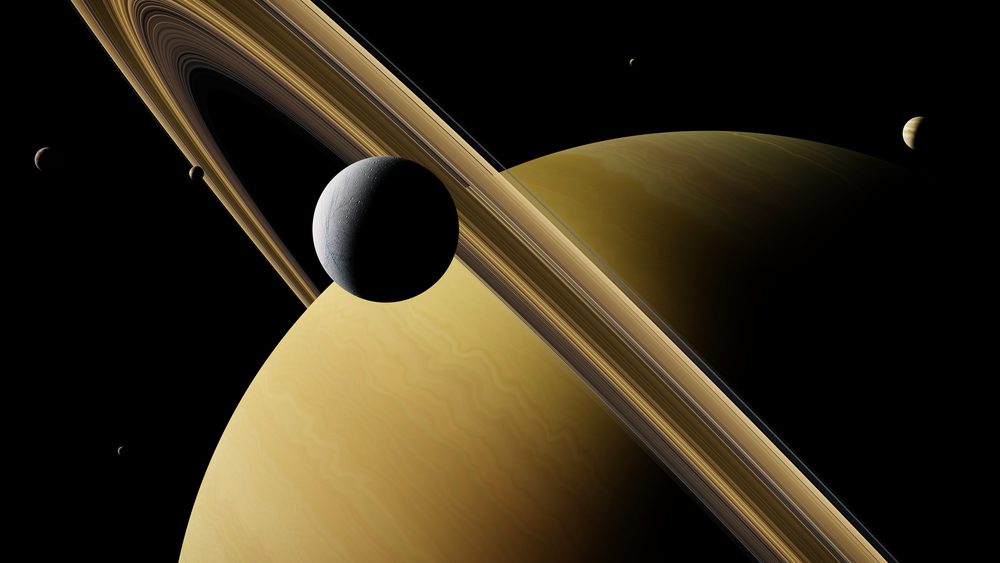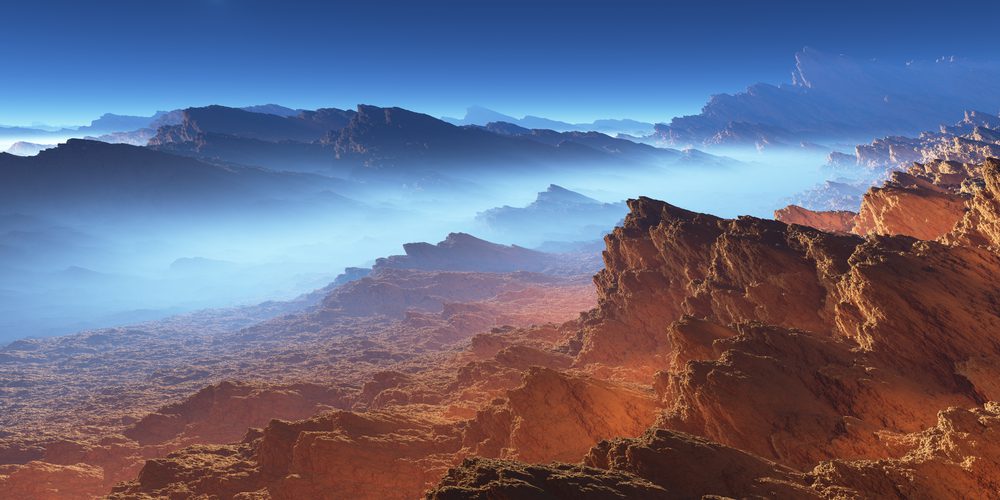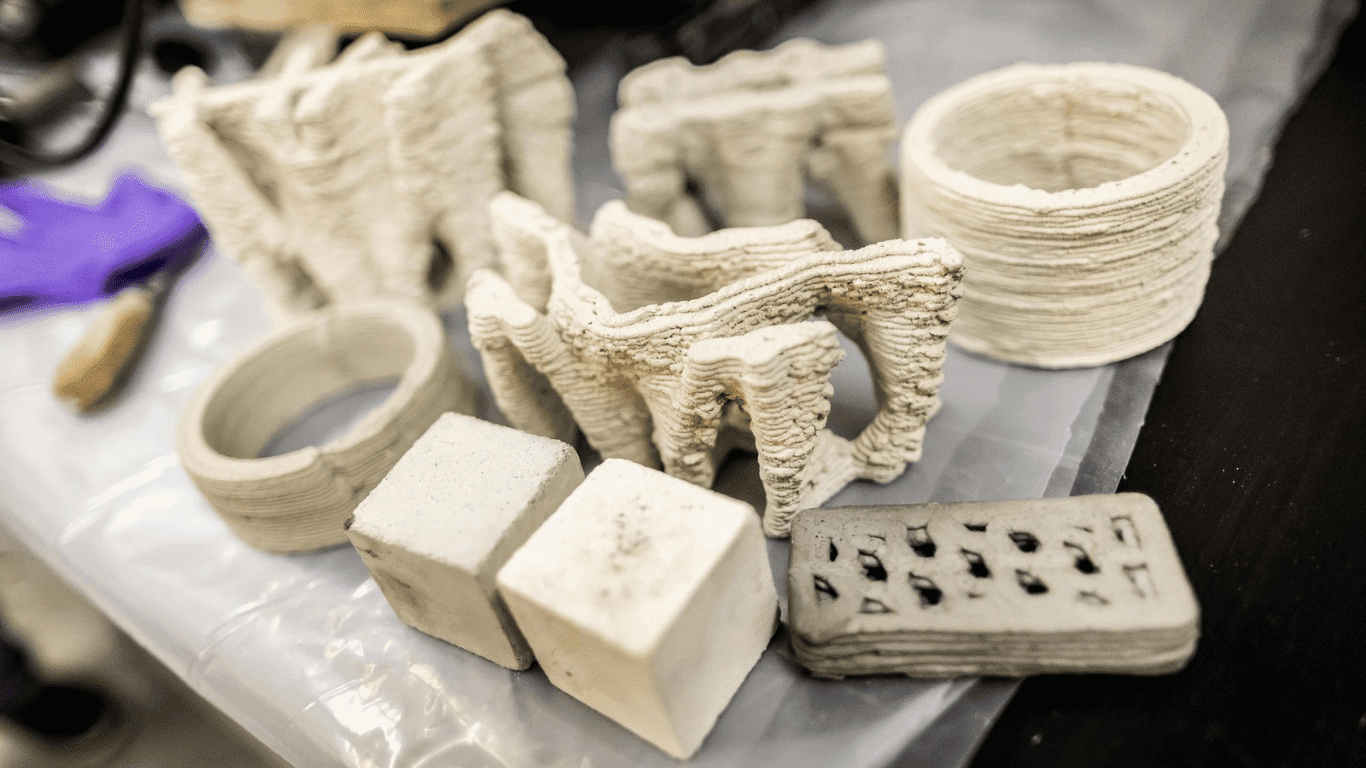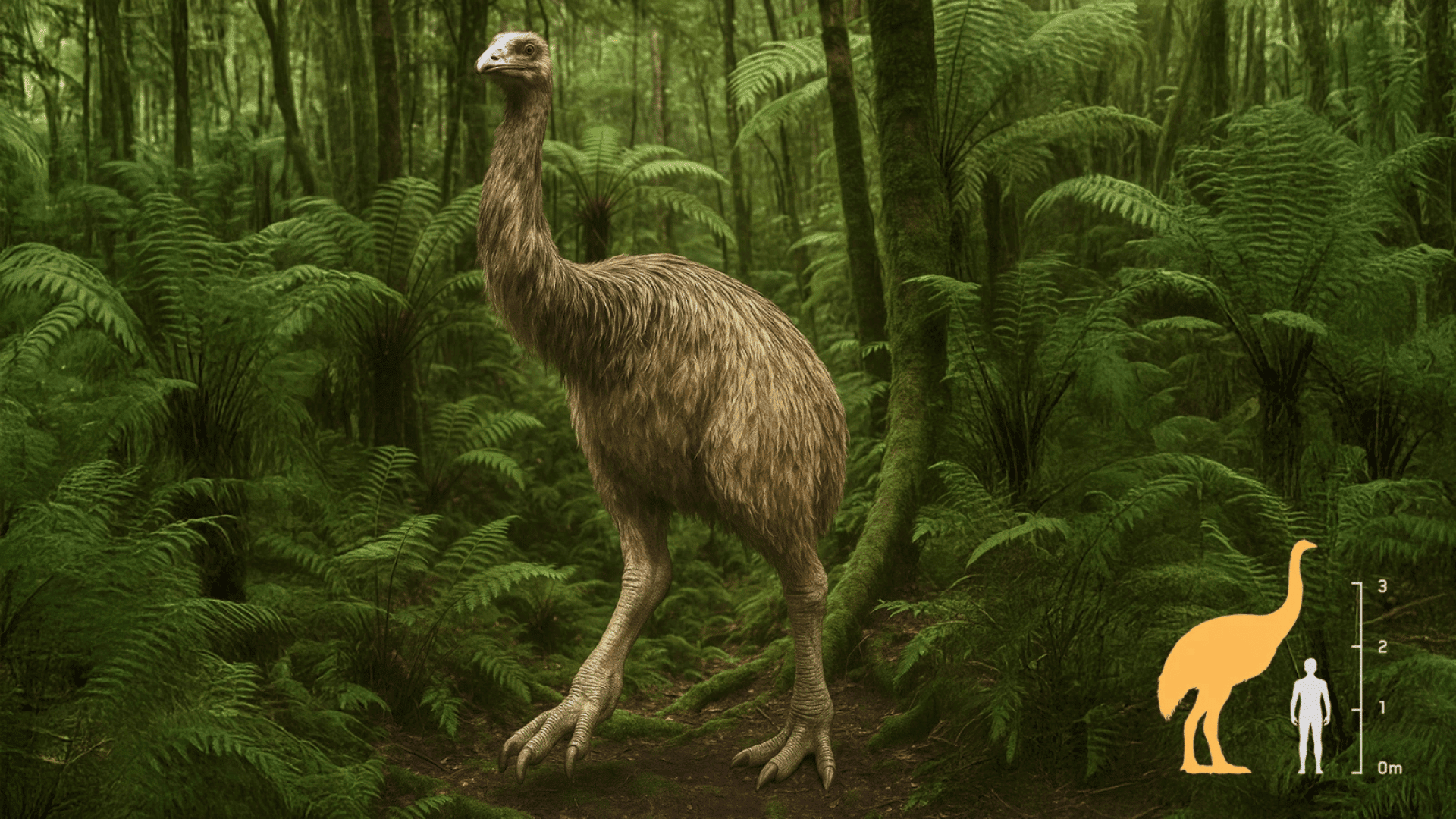Nowadays we are constantly bombarded with possible intergalactic scientific theories. We’re given these complex dissertations about possible life on other planets, possible habitability of other planets, and new stars. And, honestly, it can be difficult to keep up. So let’s keep it simple this time. Titan, Saturn’s largest moon, is crucial to modern science for two key reasons. One: it could host alien life forms. And two: it could help humans trace their own molecular journey. Both of these key reasons come from one specific discovery. Using the data from the Cassini mission by NASA, we discovered molecules on Titan.

To give you some context, in our universe we have what we call Amino acids- you may remember learning about them in your sixth grade science class. These Amino acids can be assembled into proteins (RNA & DNA) which are one of the molecular building blocks of life itself. Though scientists have found evidence of these compounds in comets and meteorites, they formed millions of years ago leaving us no way of studying how they were actually created.
However, on Titan, these compounds are actually in the process of forming. This means that, by observing Titan, we may discover the specific process by which molecules go from small chemical species to complex molecules to actual living organisms.

This is where the alien life theory comes in. Water Plumes from Enceladus, another of Saturn’s moons, provides a source of oxygen to the planet’s atmosphere. This provides conditions by which some kind of life form could emerge. According to The Conversation, though the temperatures are extremely cold, the moon has been judged as the most likely place beyond Earth to host life by the Planetary Habitability Index.
One thing is for sure: With its high methane and nitrogen atmosphere and extremely cold temperatures, any life that forms on Titan is bound to be bizarre (to say the least).







